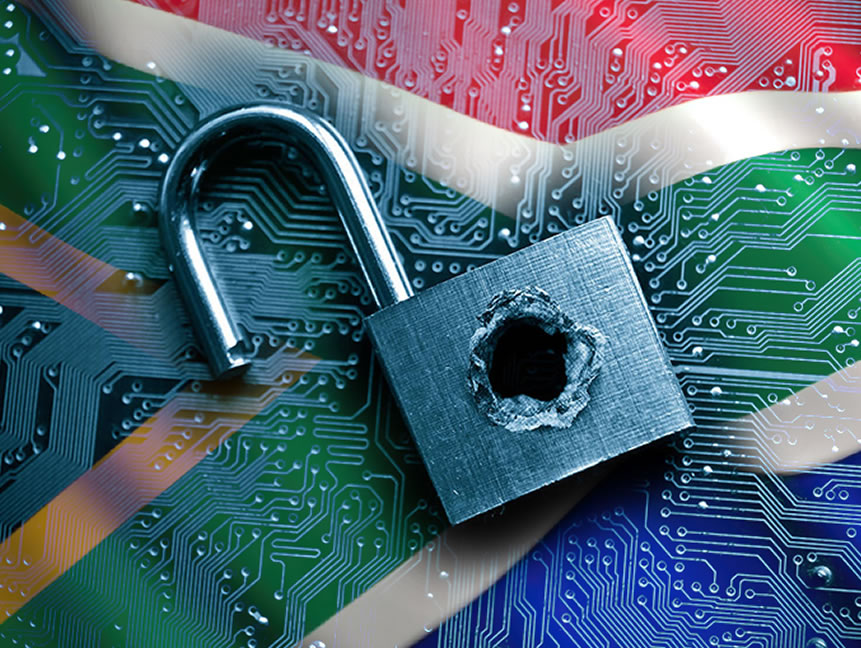




South Africa is facing an unprecedented surge in cyberattacks, with spyware incidents increasing by over 20%. What’s more concerning is that a majority of these attacks have been directed at government websites and systems, posing a significant threat to the nation’s security infrastructure.
In this article, we explore the implications of these cyberattacks and the urgent need for robust cybersecurity measures.
National Security at Risk
National security hinges on a nation’s ability to protect its citizens and critical infrastructure. When government systems fall victim to malicious actors, whether hackers, malware, or cyber assailants, it jeopardizes the very foundation of national security. The consequences are far-reaching and include the potential misuse of sensitive information, including classified data and personal citizen information.
Exploited Data and Cyber Espionage
One of the initial consequences of these cyberattacks is the potential misappropriation of sensitive data. Hackers can exploit this information for various purposes, from exposing sensitive material to colluding with state agents to manipulate official documents, rendering them virtually undetectable.
Economic and Security Implications
Given South Africa’s already challenging economic landscape, the repercussions of a significant cyberattack could surpass the nation’s financial resilience. These attacks not only threaten economic stability but also disrupt critical services, potentially resulting in data breaches, service interruptions, and, in extreme cases, even loss of life in vital sectors.
Impact on Public Trust
Inaction or inadequate responses to cyberattacks erode public trust in the government’s efficiency. Lengthy legal processes, as exemplified by the case of cyber hacker Bruce Owen, raise concerns about the effectiveness of tracking and prosecuting cybercriminals. Modern cybersecurity investigations demand substantial resources, and a lack thereof can contribute to extended legal proceedings.
The Rise of Ransomware
Ransomware has become a favored weapon of cyber attackers. This malware encrypts governmental files, making them inaccessible until a ransom is paid. A staggering 78% of South African organizations experienced ransomware attacks in the past year, according to a report by Sophos. An incident involving the South African Department of Defence on August 21, 2023, further underscores the severity of this threat.
The SNATCH Group’s Allegations
The SNATCH group, claiming responsibility for the Department of Defence incident, combines ransomware with data exfiltration elements. Shockingly, they alleged that South Africa’s President Cyril Ramaphosa is involved in arms profiteering and illicit arms trading. These claims have resulted in the unauthorized disclosure of highly sensitive information, including private contacts of President Ramaphosa, military officials, and senior government ministers.
A Call to Action
In light of these threats, it is imperative for the government to take decisive action to protect its constituents. This includes enhancing transparency, effective communication, and proactive cybersecurity measures. A three-pronged response strategy is essential:
By taking these comprehensive measures, the government can restore trust and protect its digital frontier against growing cyber threats.

Web Developer | Cybersecurity Advocate | Offensive Security Enthusiast
Passionate about Personal Transformation and Offensive Security, I’m Ehinomhen Okaiwele—a dedicated Web Developer and Cybersecurity Advocate. My mission is clear: elevating the “Cybersecurity Consciousness” of fellow Africans. Through my journey, I aim to empower individuals, fostering a safer digital landscape for our community. Join me in this transformative endeavor.